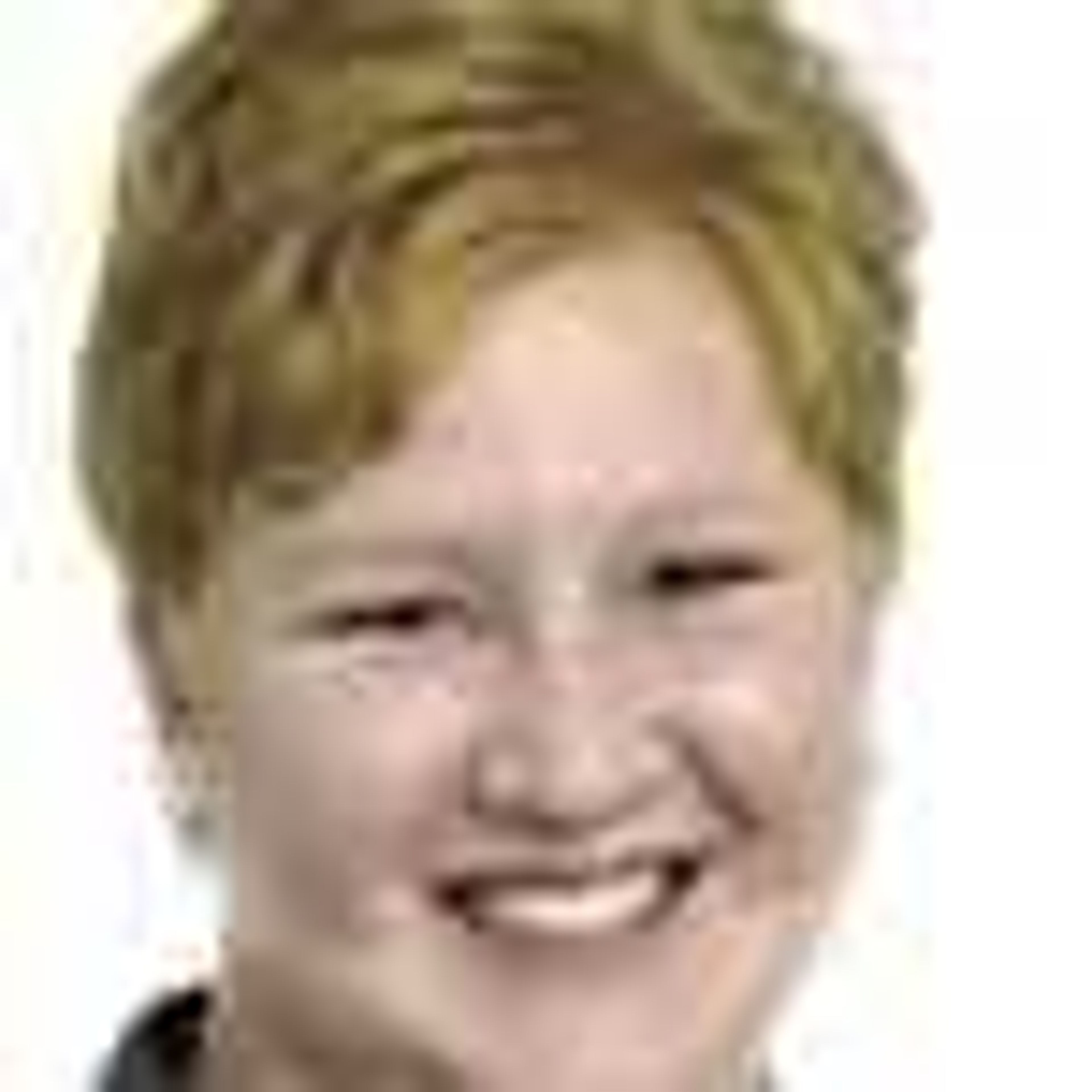MEDICAL SERVICES INCREASE AS DOCTORS' PARK GROWS
As Doctors' Park grows, so does the number of services being offered there. Small operations that used to require overnight stays in hospitals now can be performed in a couple of hours in the doctor's office. For example, Doctors' Park Surgery Inc. is the area's largest ambulatory surgery center with five operating rooms and one procedure room and does ear, nose and throat, endoscopic, eye, general, general dental, gynecologic, orthopedic, plastic and reconstructive, podiatric and urologic surgeries.. ...
As Doctors' Park grows, so does the number of services being offered there.
Small operations that used to require overnight stays in hospitals now can be performed in a couple of hours in the doctor's office.
For example, Doctors' Park Surgery Inc. is the area's largest ambulatory surgery center with five operating rooms and one procedure room and does ear, nose and throat, endoscopic, eye, general, general dental, gynecologic, orthopedic, plastic and reconstructive, podiatric and urologic surgeries.
And now experts at one Doctors' Park office are putting together pieces of the coronary heart disease puzzle by offering patients a fast, state-of-the-art scan that shows hardened calcium deposits in the heart and arteries -- a sure sign of potential heart problems.
Cape Radiology Group offers a procedure known as CT cardiac scoring, which allows specialists to quickly and efficiently determine if a patient is at risk for coronary heart disease.
Patients, either by doctor- or self-referral, can have their heart and arteries scanned, and the results indicate any hardened calcium that has built up in the patients.
Joe True, a registered technologist in radiology and CAT scan, said hardened calcium is a known indicator of coronary heart disease, and people who receive the scan are helping themselves in the long run.
"It's more like getting your oil changed in your car," True said. "It's preventative maintenance."
After the scan, during which 80 pictures of vessels are taken in just 15 seconds, specialists review the results and assign a cardiac score to the patient based on the amount of hardened calcium, or plaque, that appeared. Plaque shows up as a pink area on the scan.
The higher the score, the more plaque the patient has in their heart and arteries.
Plaque in the arteries causes more narrow passages for blood flow, leading to the probability of a heart attack.
True said the scan is not performed on patients who have chest pain or who already had angioplasty, coronary artery bypass graft (CABG), stent placement or any heart surgery.
"The test primarily is for people who have strong family histories for coronary heart disease," True said.
Connect with the Southeast Missourian Newsroom:
For corrections to this story or other insights for the editor, click here. To submit a letter to the editor, click here. To learn about the Southeast Missourian’s AI Policy, click here.






